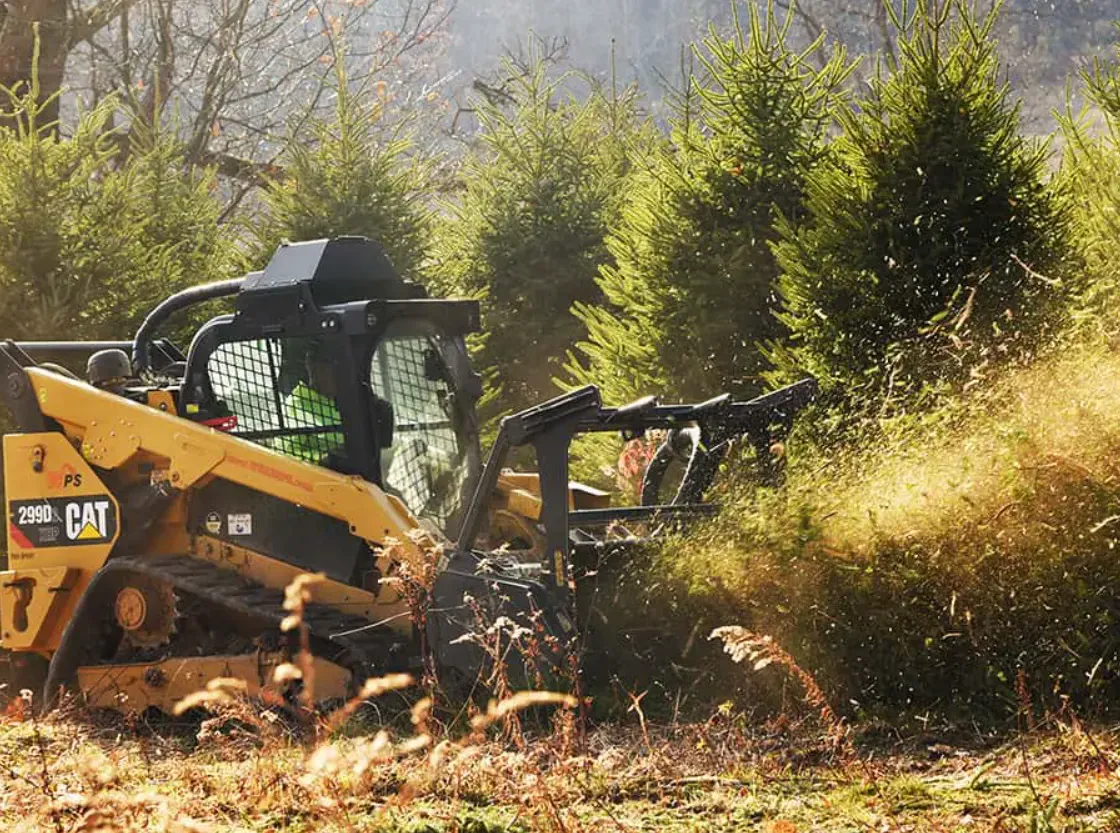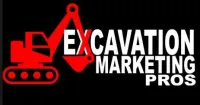Serving: Pierce, Kitsap, Mason and Thurston counties

Best Forestry Mulching Near Tacoma | 5 Questions to Ask Before Hiring
1. Why Forestry Mulching Matters for Tacoma-Area Landowners
If you’ve been staring at overgrown brush, tangled blackberry bushes, or a patch of land that hasn’t seen sunlight in years, you’re not alone. A lot of folks around Tacoma—and across Pierce, Mason, and Thurston Counties—have property that’s full of potential… if only they could see it.
But trying to figure out how to clear that land? That’s where things get frustrating.
Should you rent a dozer? Hire a crew? Burn it all (if your county even allows that)? Or maybe forestry mulching is the best path—but how do you know who to hire?
We get it. Clearing land feels like a big job. There’s cost, there’s cleanup, and there’s the fear of wasting money on someone who doesn’t really know what they’re doing. At TH Excavation, we’ve seen people get burned by the wrong contractors, and we’ve helped clean up those messes.
That’s why we put together this guide. Before you hire anyone for forestry mulching near Tacoma, ask these five questions. It could save you time, money, and a whole lot of headaches.
2. The Real Risks of Hiring the Wrong Mulching Contractor
Forestry mulching looks simple—one big machine, a lot of noise, and a cleared patch of land. But when it’s done wrong, you’re left with ruts, erosion, buried roots, uneven ground, and a mess that’s even harder to fix.
It’s not just about cutting things down. It’s about how it’s done and whether it supports your long-term goals—whether that’s building, grazing, landscaping, or just cleaning things up.
3. Question 1: Do They Understand Your Land and Soil Type?
Not all ground is the same. Tacoma’s terrain varies from soggy slopes to dry sandy patches and compacted clay. What works well on flat farmland in Thurston County might make a mess on a wooded slope near Gig Harbor.
Ask your mulching contractor:
Have you worked in this part of Pierce County before?
What approach do you recommend for my type of soil?
How will you avoid damage during wet or rainy conditions?
If they can’t talk about drainage, root systems, or slope protection, they might be more focused on fast jobs than doing things right.
4. Question 2: What Kind of Equipment Are They Using?
Forestry mulchers come in different shapes and sizes—from small skid-steer attachments to heavy-duty dedicated machines. And yes, the kind of equipment matters.
Bigger isn’t always better. It depends on your property’s access points, terrain, and the density of the vegetation.
You’ll want to know:
What size machine will you be using?
Does it use carbide teeth or knives (and what’s the difference)?
Can your equipment handle trees or just brush?
An experienced contractor will explain the differences and tell you why they’re using that machine on your site, not just because it’s what they happen to own.
5. Question 3: Can They Show You Local Projects They’ve Done?
You wouldn’t buy a car without seeing reviews or test-driving it. The same idea applies here.
Ask for:
Before-and-after photos of past mulching jobs
Client references from nearby cities like Lakewood or Puyallup
A short list of recent projects in your county
If they’ve done this work around Tacoma, they should have no problem showing you results. It’s not about bragging—it’s about knowing you’re not their first rodeo.
6. Question 4: How Do They Price Their Services? (And What’s Included?)
This is a big one. Forestry mulching quotes can range wildly, and it’s not always clear why. Some contractors charge by the acre. Others go by the hour. Some give a flat rate, but then tack on “surprise” charges for cleanup or access problems.
Here’s what you should ask:
Is your pricing by acre, hour, or job?
Does the price include travel time, mobilization, or disposal?
What happens if the job takes longer than expected?
Don’t just go with the cheapest bid. Go with the most transparent one. A detailed estimate might look more expensive upfront, but it’s usually a better value in the long run.
7. Question 5: Will They Customize the Job to Fit Your Goals?
This might be the most important question of all.
What are you trying to do with the land?
Build a home?
Create pasture?
Reduce fire risk?
Open up hunting paths or trails?
A quality contractor will ask about your end goal and then adjust their approach to match. At TH Excavation, we’ve handled jobs where we needed to mulch around sensitive trees, protect a slope from runoff, or avoid disturbing old septic systems.
If a contractor doesn’t ask about your vision, they’re not truly invested in getting the results you need.
8. Red Flags to Watch Out For When Hiring a Mulcher Near Tacoma
Here’s what should give you pause:
“We don’t need to look at the site beforehand.”
(Big red flag—every job is different.)No business license or insurance
(You’d be surprised how often this comes up. Always verify.)Quotes that are too low
(It usually means something’s missing—or corners will be cut.)No written agreement
(Handshake deals don’t hold up when there’s a problem.)
If it feels rushed, vague, or unclear, step back.
9. How Forestry Mulching Affects Property Value and Long-Term Use
A well-done forestry mulching job can add real value to your land. It improves access, helps with drainage, and lays the groundwork for future development or planting. It can also help with fire safety and invasive species control, especially in dense areas of Pierce and Mason Counties.
But a bad mulching job? That can actually lower property value, especially if it leads to erosion, regrowth of invasive plants, or leaves an unsightly mess that has to be redone.
That’s why asking the right questions up front makes all the difference.
10. Working With TH Excavation: What You Can Expect
We’re not the biggest outfit in the region—and that’s on purpose. We’re based out of Port Orchard, but we’ve worked all over Kitsap, Pierce, Mason, and Thurston Counties. Our forestry mulching work is tailored to the land, the conditions, and—most importantly—your goals.
When we take on a job, we:
Walk the site with you first
Talk through what you want (not just what we do)
Use the right machine for your terrain
Keep communication clear, simple, and upfront
No fluff. No games. Just land clearing done right, with the care your property deserves.
11. Final Thoughts: Clearing Land Without Clearing Out Your Wallet
Forestry mulching is a powerful way to reclaim your land—if it’s done with the right equipment, by someone who understands the terrain and takes time to listen to your goals.
So ask questions. Get clear answers. And choose someone who’s focused on more than just finishing fast.
If you’re near Tacoma or anywhere in Pierce, Kitsap, Mason, or Thurston County and you’re looking for forestry mulching done right, give us a shout. Even if you’re still shopping around, we’re happy to help you figure out what your land needs.

